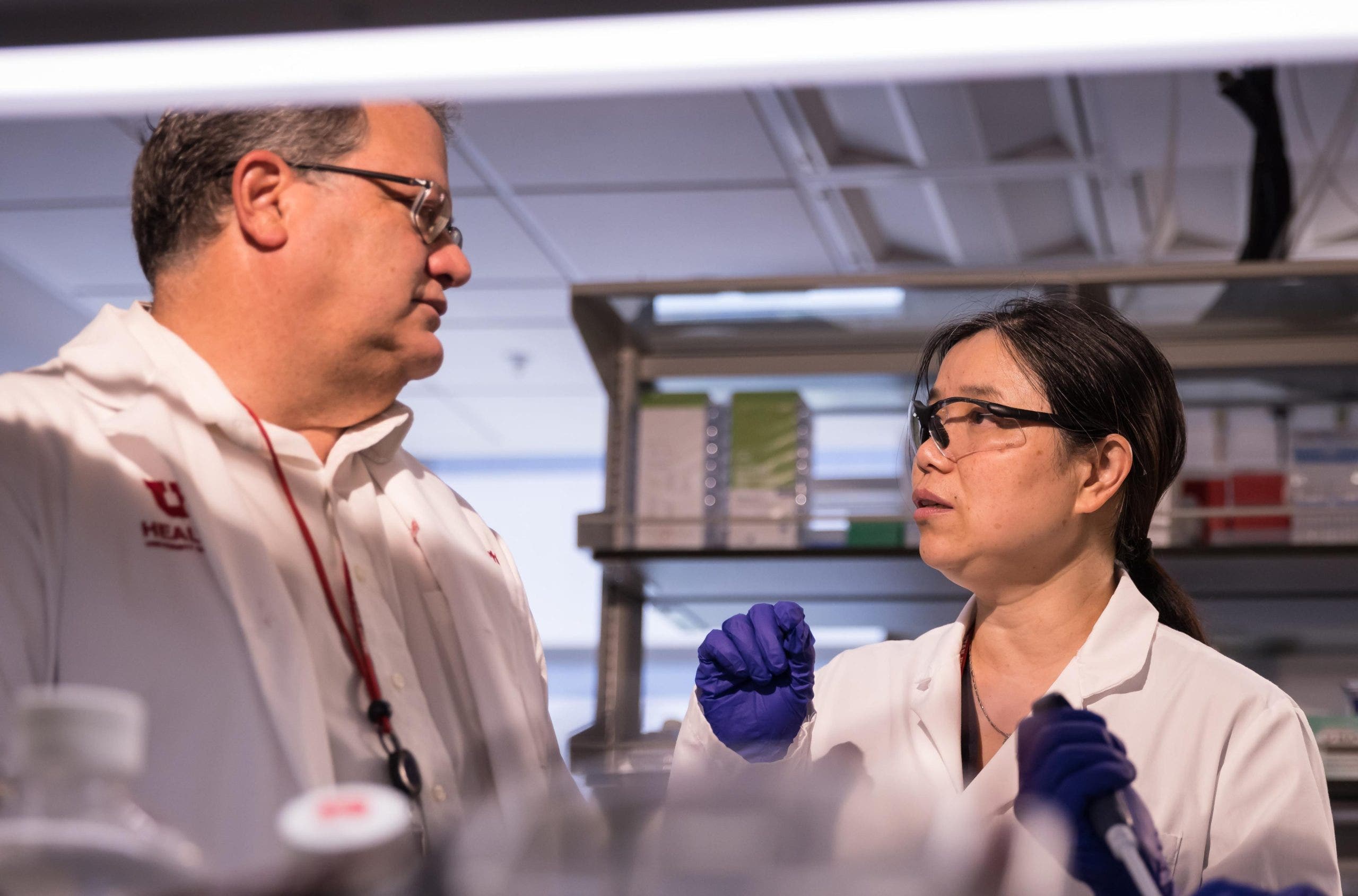Gene therapy reverses heart failure in large animal model

A groundbreaking study conducted at the University of Utah has shown promising results in reversing heart failure using a new gene therapy approach. The study, which was published in the journal npj Regenerative Medicine, involved injecting a harmless virus carrying the cBIN1 gene into pigs with heart failure.
The results were nothing short of remarkable. The pigs showed a 30% improvement in heart function, a significant increase compared to previous treatments that only yielded a 5% to 10% improvement. The therapy not only improved the heart’s ability to pump blood but also led to a reduction in heart dilation and thinning, bringing the hearts closer in appearance to non-failing hearts.
The researchers, including senior study co-authors Robin Shaw, MD, PhD, and TingTing Hong, MD, PhD, were surprised by the effectiveness of the gene therapy at such a low dose. They believe that this new approach could revolutionize the treatment of heart failure and usher in a new era of personalized medicine.
Dr. Jasdeep Dalawari, an interventional cardiologist, expressed his excitement about the potential of gene therapy in treating heart failure. He emphasized the importance of human trials to validate the findings and determine the therapy’s efficacy in humans.
Dr. Johanna Contreras, an advanced heart failure and transplant cardiologist, also highlighted the significance of gene therapy in addressing the underlying pathogenic remodeling of the heart muscle in heart failure. She emphasized the need for further research to understand any potential downstream effects and to ensure the therapy’s safety and effectiveness in human patients.
While the study has shown promising results in animal models, the researchers acknowledge the need for dose escalation and toxicology studies before moving towards FDA approval. Human clinical trials are expected to begin in the fall of 2025, offering hope for the millions of adults in the U.S. living with heart failure.
The future of heart failure treatment may lie in gene therapy, offering a personalized and targeted approach to reversing the effects of this debilitating condition. As research progresses, we look forward to the day when this innovative therapy could potentially cure heart failure and improve the lives of countless individuals worldwide.




